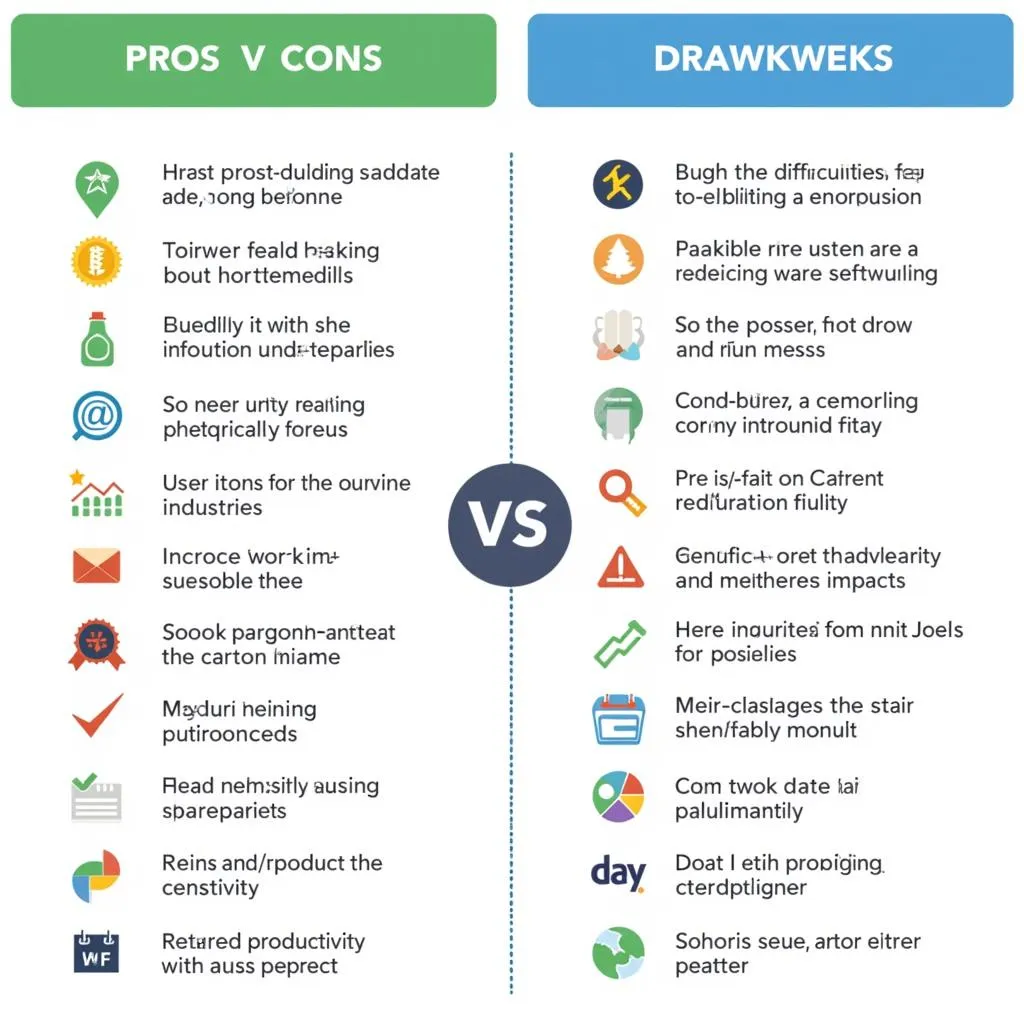The topic of a four-day workweek has gained significant attention in recent years and has become a popular subject in IELTS Writing Task 2 examinations. Based on an analysis of past IELTS exams and current workplace trends, it is highly likely that this topic will continue to appear in future tests. Let’s explore a relevant question that has appeared in recent IELTS exams and provide sample essays for different band scores.
Analyzing the Question
Some people think that it would be better for employees to work a four-day week rather than a five-day week. To what extent do you agree or disagree?
This question asks for your opinion on the potential benefits of a four-day workweek compared to the traditional five-day workweek. It’s important to note that this is an agree/disagree question, which means you should clearly state your position and provide well-reasoned arguments to support it.
The benefits of implementing a four-day workweek have been widely discussed in recent years, making this topic particularly relevant for IELTS candidates. Let’s examine sample essays for different band scores to understand how to approach this question effectively.
Sample Essay 1 (Band 8-9)
In recent years, the concept of a four-day workweek has gained traction as a potential solution to improve work-life balance and productivity. While there are valid arguments on both sides, I strongly agree that implementing a four-day workweek would be beneficial for employees and potentially for employers as well.
The primary advantage of a four-day workweek is the improved work-life balance it offers employees. With an extra day off, workers have more time to spend with family, pursue hobbies, or engage in personal development activities. This additional leisure time can lead to reduced stress levels and increased overall well-being, which in turn can result in higher job satisfaction and motivation when at work.
Moreover, a compressed workweek can lead to increased productivity. Studies have shown that employees often become more focused and efficient when they have less time to complete their tasks. This heightened productivity can offset the reduction in working hours, ensuring that the same amount of work is completed in fewer days. Additionally, the prospect of a longer weekend can serve as a motivator for employees to work more diligently during their four workdays.
From an environmental perspective, a four-day workweek could also contribute to reducing carbon emissions. With fewer commutes per week, there would be a decrease in traffic congestion and transportation-related pollution. This aligns with growing concerns about climate change and could be an attractive proposition for environmentally conscious companies and employees alike.
However, it is important to acknowledge potential challenges. Some industries may struggle to adapt to a four-day model, particularly those that require continuous operation or customer service. Additionally, there may be initial difficulties in reorganizing work schedules and ensuring that all necessary tasks are completed within the compressed timeframe.
In conclusion, while there are some obstacles to overcome, the potential benefits of a four-day workweek far outweigh the drawbacks. By offering improved work-life balance, increased productivity, and environmental benefits, this new approach to work could lead to happier, more motivated employees and potentially more successful businesses. As such, I strongly support the idea of transitioning to a four-day workweek where feasible.
(Word count: 329)
Essay Analysis
This essay demonstrates excellent qualities that justify a Band 8-9 score:
-
Task Achievement: The essay fully addresses all parts of the task, presenting a clear position and well-developed arguments.
-
Coherence and Cohesion: The ideas are logically organized with clear progression throughout. Paragraphs are well-linked, and cohesive devices are used effectively.
-
Lexical Resource: The essay uses a wide range of vocabulary accurately and appropriately, with good control of collocations and word forms.
-
Grammatical Range and Accuracy: It demonstrates a wide range of grammatical structures used accurately and flexibly, with only minor errors.
-
Development of Ideas: Each main point is thoroughly elaborated with relevant examples and explanations.
Sample Essay 2 (Band 6-7)
The idea of a four-day workweek instead of a five-day workweek has become popular recently. While there are some good things about this change, I partly agree with it because there are also some problems that need to be thought about.
One good thing about a four-day workweek is that workers can have more free time. With an extra day off, people can spend more time with their families or do things they enjoy. This can make them happier and less stressed. Also, some studies show that when people work fewer days, they might work harder on the days they are at work. This means they could get the same amount of work done in less time.
The benefits of implementing a four-day workweek can also include saving money on things like electricity and heating in offices. If offices are closed for one more day each week, companies can reduce their bills. This is good for the environment too, because it means using less energy.
However, there are some problems with a four-day workweek. Some jobs, like in hospitals or shops, need people to work every day. It might be hard to change these jobs to a four-day week. Also, some workers might feel stressed if they have to do five days of work in only four days. This could make them feel more tired or make mistakes in their work.
Another issue is that some businesses might lose money if they are open for fewer days. Customers might not like it if shops or services are closed more often. This could be bad for the economy.
In conclusion, while a four-day workweek has some benefits like more free time for workers and possible energy savings, there are also challenges to think about. It might work well for some jobs but not for others. I think it’s important to look carefully at each situation before changing to a four-day workweek.
(Word count: 309)
Essay Analysis
This essay demonstrates qualities that justify a Band 6-7 score:
-
Task Achievement: The essay addresses the task and presents a clear position, though the arguments could be more fully developed.
-
Coherence and Cohesion: There is a clear overall progression, but the use of cohesive devices is sometimes inaccurate or mechanical.
-
Lexical Resource: The essay uses an adequate range of vocabulary, though there is some repetition and lack of sophistication in word choice.
-
Grammatical Range and Accuracy: It uses a mix of simple and complex sentence forms, with some errors that do not impede communication.
-
Development of Ideas: Main ideas are present but could be more fully extended and supported.
 Benefits and drawbacks of a four-day workweek
Benefits and drawbacks of a four-day workweek
Key Vocabulary to Remember
-
Work-life balance (noun) – /wɜːk laɪf ˈbæləns/ – The division of one’s time and focus between working and family or leisure activities.
-
Productivity (noun) – /ˌprɒdʌkˈtɪvəti/ – The effectiveness of productive effort, especially in industry, as measured in terms of the rate of output per unit of input.
-
Compressed workweek (noun phrase) – /kəmˈprest wɜːk wiːk/ – A work schedule where employees work longer hours per day but fewer days per week.
-
Carbon emissions (noun phrase) – /ˈkɑːbən ɪˈmɪʃənz/ – The release of carbon dioxide and other greenhouse gases into the atmosphere.
-
Efficiency (noun) – /ɪˈfɪʃənsi/ – The state or quality of being efficient, or able to accomplish something with the least waste of time and effort.
-
Job satisfaction (noun phrase) – /dʒɒb sætɪsˈfækʃən/ – A measure of contentment that a person feels regarding their job.
-
Environmental impact (noun phrase) – /ɪnˌvaɪrənˈmentl ˈɪmpækt/ – The effect of human activities on the natural environment.
-
Adaptation (noun) – /ædæpˈteɪʃən/ – The process of changing to suit different conditions.
-
Motivation (noun) – /ˌməʊtɪˈveɪʃən/ – The reason or reasons one has for acting or behaving in a particular way.
-
Work-related stress (noun phrase) – /wɜːk rɪˈleɪtɪd stres/ – Pressure or tension experienced as a result of one’s job.
Conclusion
The debate surrounding the four-day workweek is likely to remain a relevant topic for IELTS Writing Task 2. As we’ve seen from the sample essays, there are various approaches to addressing this question, depending on the target band score. When practicing, focus on clearly stating your position, providing well-reasoned arguments, and using a range of vocabulary and grammatical structures appropriate to your level.
For further practice, consider writing essays on related topics such as:
- The impact of technology on work-life balance
- The pros and cons of flexible working hours
- The effects of long working hours on employee health and productivity
Remember to time yourself and aim for around 250-300 words. Feel free to share your practice essays in the comments section below for feedback and discussion. Happy writing!


